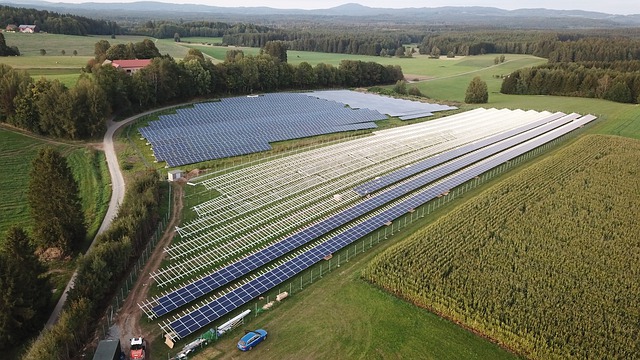
Solar water heaters that harness the energy of the sun to heat hot water for your home are an affordable and effective way to utilize renewable resources. You can save on utility bills by installing solar heating systems, especially if the state or local government offers tax credits.
There are many types of solar water heaters to choose from, so you'll need to consider your budget and the amount of hot water your family uses on a daily basis. The system you choose should be able store enough power to meet your long-term needs.
The best solar water heaters have a low upfront cost and a high payback period. They are relatively simple to maintain and will provide you with free hot water for many years.
Duda Sunbank, iSolar, are among the most popular. The customer reviews are excellent and the support is also top-notch.

The perfect solar water heat can be found for any size system. The sizes range from 30 gallons to 80 gallons, and they come in either single coil or dual collector versions.
The majority of solar water heaters use black panels, which are intended for roofs with a southerly orientation to get the maximum amount of sunlight. These panels are also insulated for protection against the elements.
Flat panels are the most common solar collectors in solar water heaters. The solar collectors are made out of a black, almost glassy material. They have an absorber panel and flow tubes to transfer heat. The fluid is then circulated through the tubes to heat water in your home.
These are usually coupled with a reservoir to store heated fluid until required. There are systems that combine a heat transfer and a tank into one unit.
Indirect circulation system (ICS), is the best choice for climates that are colder. The solar collectors are pumped with a non-toxic propylene glycol/water antifreeze mixture. They then transfer the heated fluid into a storage tank, before using it for hot water.

They're often called closed-loop systems because they circulate the fluid between the collectors and heat exchanger in a loop. It keeps the fluid warm in cold weather and helps it not freeze.
This is a very efficient type of solar collector, because it heats water even if there's no sunlight. This solar collector uses a fan that pushes the air out of the collection vessel into a heat-exchanger which transfers the hot water from your home's plumbing fixtures.
Another indirect system to use is drain-back. This combines the air-to-water exchanger with the conventional hoop in order to heat up your water when the sunlight is not shining. It is useful for households that live in very cold regions where freezing protection is necessary.